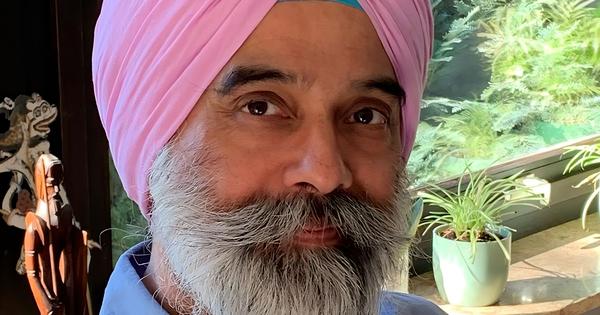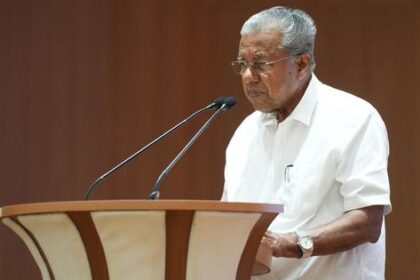As the lockdown deepens, Sammy grapples with isolation and the fragility of human connections.
The ongoing pandemic has dramatically altered the fabric of daily life, bringing a profound sense of stillness to the once-bustling streets of New Delhi. Sammy, a figure accustomed to privilege, finds himself navigating an unsettling reality. He stands at a crossroads, carrying the weight of his past insecurities, which the current crisis has brought to the surface.
As he ascends the dim staircase to his home, Sammy reflects on the quiet that envelops the city. The usual sounds of life have been replaced by an eerie silence. At this moment, he recognizes that the absence of noise is not a cause for relief but rather a stark reminder of the altered world outside. The staircase, worn smooth by generations, has become a metaphor for his own life—familiar yet changed, comforting yet isolating.
Despite the risk posed by the virus, Sammy chooses to avoid the lift, a decision fueled by a sense of caution and a reluctance to engage with the outside world. He thinks of the many ways the pandemic has transformed his interactions, even with those he has known for decades. As he walks, he is acutely aware of the distance that now defines relationships, both physically and emotionally.
When a familiar voice calls out to him from a doorway, he hesitates, caught between the desire for connection and the instinct to retreat. The woman, who has been a constant presence in his life, exudes urgency as she inquires about plasma for a friend. Sammy acknowledges the desperation that has gripped everyone around him, noting the frantic calls he has received from others seeking help. The weight of their needs presses down on him, a reminder of the fragility of life.
As the conversation unfolds, it becomes clear that their once-familiar roles have shifted. The woman, usually composed and commanding, reveals her vulnerability. Sammy sees the toll the pandemic has taken, not just on her household but on her spirit. She is now reliant on her son and a single maid, stripped of the support system that once defined her life. The irony of her situation is palpable; she who once managed a bustling household now finds herself with only a fraction of what she had.
In this moment, Sammy empathizes with her plight. He understands the longing for normalcy amidst the chaos and the inherent human need for connection. As they discuss the logistics of acquiring wine—a small luxury in a time of scarcity—he recognizes that even these mundane interactions are laced with tension. They share a bond that has weathered many storms, yet the pandemic has introduced a new layer of complexity to their relationship.
As he prepares to leave, Sammy notices a shift in her demeanor. The woman’s confidence falters, revealing the cracks in her facade. In a society that often prizes strength and poise, the pandemic has laid bare the underlying fears that accompany mortality. Sammy reflects on how the virus has transformed even the strongest individuals, turning their lives into a fragile dance with uncertainty.
Through this exchange, Sammy confronts his own vulnerabilities. The pandemic has not only reshaped his environment but also forced him to reevaluate his place within it. As he descends the staircase, he carries with him the weight of their shared experiences, a reminder that even in isolation, human connections remain vital—even when fraught with the complexities of a changed world.








